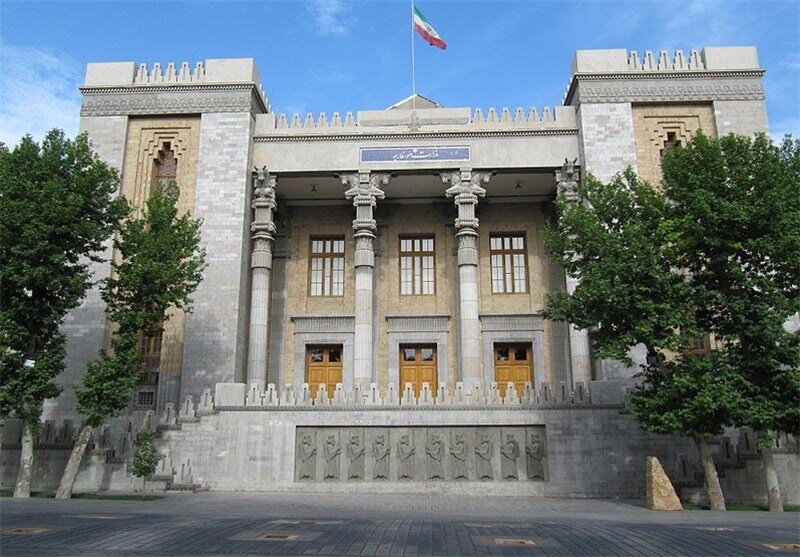Tehran dismisses U.S. claim about mistreatment of Afghan migrants as ‘bitter joke’

TEHRAN — Iran’s Foreign Ministry has rejected as a “bitter joke” a claim by the United States that Iranian guards were involved in the tragic deaths of a number of Afghan migrants near the border.
“Iran has strong ties with Afghanistan & leads the way to help Afghan leaders for inclusive Gvt. What happened to Afghan nationals in Herat is tragic & unrelated to Iran, but US regime's allegation against Iran is a 'bitter joke',” the Foreign Ministry said in a statement published via Twitter on Tuesday evening.
“The (US) regime is a war criminal in Afghanistan & state sponsor of terrorism across the world,” the statement added.
It came after U.S. Acting Assistant Secretary for South Asia Alice Wells earlier in the day described as “horrifying” Iran’s “cruel treatment and abuse of Afghan migrants alleged in these reports.”
On Sunday, Foreign Ministry spokesman Abbas Mousavi voiced sympathy with the families of the victims, saying, “This incident has occurred on Afghan soil, and the Islamic Republic of Iran’s border police has denied that any happening in relation to this has taken place on the soil of our country.”
Afghan news media had reported that about 50 Afghan migrants crossing into Iran illegally had been beaten and thrown into a river.
Afghanistan's Foreign Ministry announced on Saturday that an inquiry had been launched into the tragedy.
According to Tasnim, Afghanistan’s Foreign Ministry spokesman has said the Iranian Foreign Ministry was to submit a letter to the country’s embassy in Tehran on Wednesday proposing joint investigation.
According to Tasnim, Iran spends eight billion dollars on Afghan migrants every year in various sectors.
Based on the latest official figures, 951,142 Afghan refugees reside in Iran. In addition to the refugees, there are around 2.5 million Afghan nationals living in Iran, inclusive of passport holders and undocumented Afghans.
The UN refugee agency has, on numerous occasions, praised Iran for hosting Afghan refugees for more than four decades.
MH/PA
